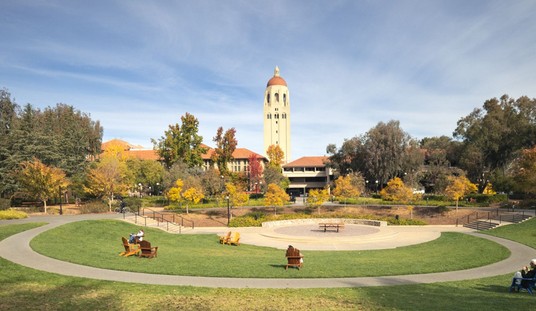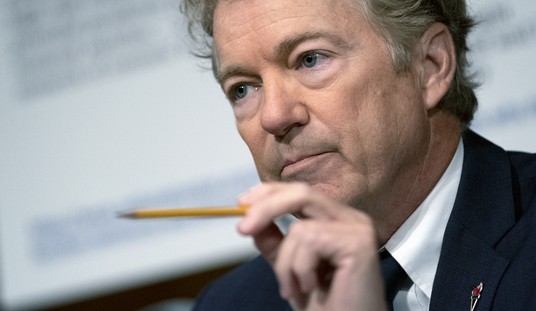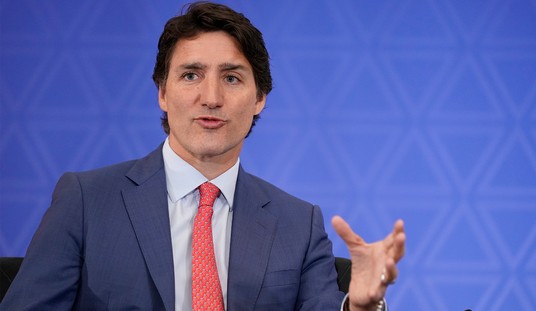This is a somewhat troubling question which I first noticed being addressed by Dr. James Joyner over at Outside the Beltway. He’s talking about a definitely hyperbolic entry from Mother Jones which accuses the GOP of trying to rig the electoral college through various acts of villainy in advance of the 2016 elections. The basic crux of the story is a renewed plan to try to move the Keystone State from the winner takes all model to a split decision such as is used by Maine and Nebraska. Mother Jones sees it as a plan to undermine democracy, but Joyner isn’t so sure.
Changing the rules in September would have been blatantly unfair, since the campaign had been waged under existing rules and the likely outcome was predictable. But, surely, changing the rules nearly four years out—well before the campaign has commenced—isn’t inherently a bad idea.
This proposal is, as I said, similar to the split used in Maine and Nebraska, but not identical. They award theirs based on who wins each congressional district, plus a two point bonus to the overall winner for the Senate based seats. This new plan for Pennsylvania would just break up the electoral votes based strictly on the state’s popular vote, with – again – a two vote bonus to the winner. So is this undemocratic, Dr. Joyner?
To the extent that Pennsylvania’s 20 electors are a lock for the Democrats, he current system is “rigged” (to use Baumann’s scare word) in their favor. After all, while a 5 point statewide margin is substantial, it’s nonetheless the case that 47% of Pennsylvanians are disenfranchised by the result. Obama should have gotten 10.3 electors to Romney’s 9.7; or, since that’s not possible, 11 to Romney’s 9. And even that would substantially overstate Obama’s margin of victory. Since Pileggi is proposing a 2 point “bonus” (actually, just an awarding of the 2 electors based on the Senate) to the winner, the 11-9 outcome would make sense.
I can see Joyner’s point, but this question looks very different depending on whether you’re examining it from the state level or the national level. Anyone who is a fan of states’ rights should recognize that the Constitution allows each state to allocate their electoral votes however they choose, but it also serves as a reminder of a larger issue. I’m talking about the difference between state elections for state offices and state elections for a national office. If New Hampshire decides to elect their governor by having citizens drop colored stones into clay pots, that’s their business and they have to live with the results. But state by state differences in how we elect the President and Vice President leave certain possibilities open which are troubling to say the least.
In the example given above, it’s noted that the GOP is trying to switch both Pennsylvania and Wisconsin to a split electoral college vote. It doesn’t take much imagination to guess why, given that both of them are states with a significant number of EC votes which the GOP has been losing consistently by small margins, while essentially gerrymandering the state level structure to give them control of the local government. (Don’t get upset by that last sentence. New York and other states do the same thing to favor the Democrats. It happens all over the country on both sides.) And it is also noted in the article that there mysteriously seems to be no effort by the GOP to push for such reforms in reliably red Texas.
The long and the short of it is that if the Republicans can force the Democrats to split the electoral votes in the states where Democrats win and keep the red states winner take all, it provides a decided advantage. But is that fair? Would you want to win under those circumstances? I suppose the immediate question is, could the Democrats manage the same feat? I’m not sure if we have any examples of states where Democrats lose the presidential election but control the state government. Joyner asks that question as well, but doesn’t provide any examples. Perhaps some our more experienced readers can suggest some.
All in all, it’s yet another thing which nudges me toward the idea of having some sort of national standards for elections which only apply to the Presidential race. It’s an ugly thought and sounds very much anti-states’ rights, but there are just so many variables in election laws that the system begins to look a bit suspect the more you tamper with it. So what do you think? Is this even a problem? And if so, what should be done about it?








Join the conversation as a VIP Member